by Carolyn Schwaar
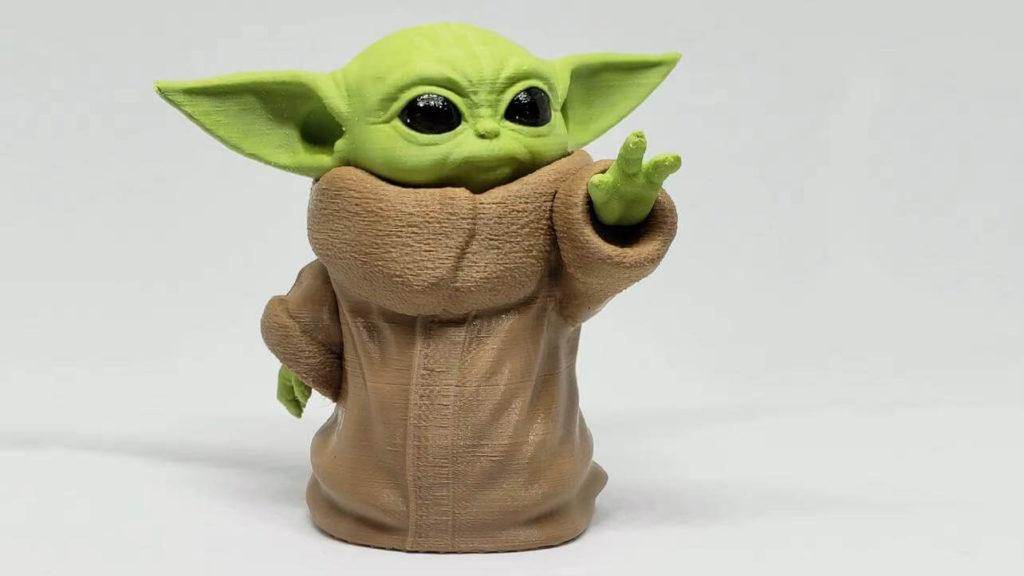
There is a large market for 3D printed items. But before you sell, figure out what things you can and can't 3D print and sell.
Want to make a business out of your 3D printing skills? If you're good at it, 3D printing can go from a hobby to a thriving business. There is virtually no limit to the useful, artistic and fun things to 3D print and sell.
But before you take the plunge, there are important financial, legal and practical considerations. Get a handle on them and you're on your way to making money doing something you love.
In this article, we look at the legal aspects, specifically copyright and patents, that you need to understand related to selling 3D printed products.
For manufacturers interested in selling a relatively small number of products to the public online, through web portals such as Etsy, Amazon, or eBay, or through their e-stores, understanding the legal environment can protect you from lawsuits for intellectual property infringement and other business interruptions.
Can I sell this?
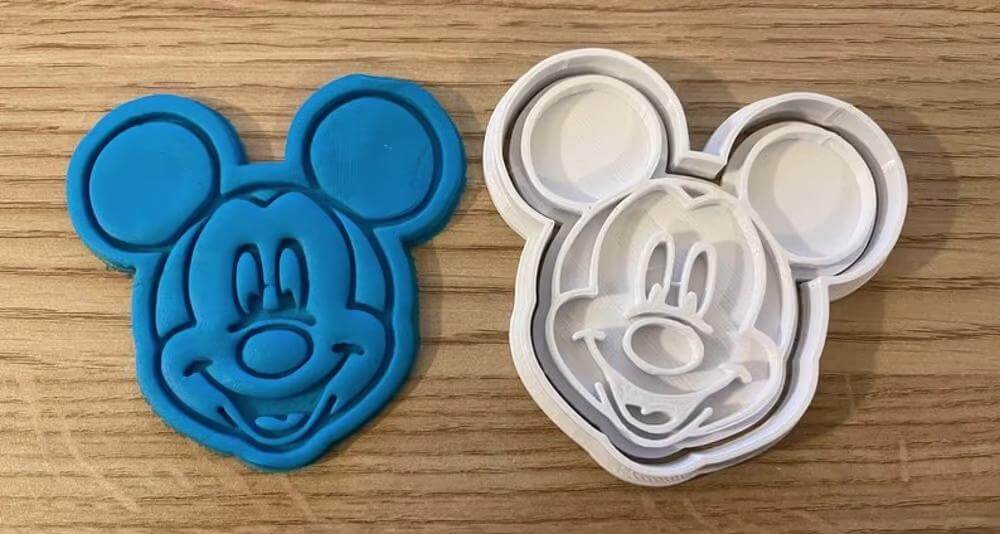
Let's start with the question everyone is asking: Is it legal to sell products I 3D print from a file I downloaded online?
First, to be clear, we are not offering legal advice in this article, and laws differ depending on where you live. But the answer is – mostly not. It's usually not legal to sell a 3D print generated from a digital file you've downloaded for free or purchased online unless you have the creator's express permission. Let us explain.
Almost every digital 3D model file you'll find online at resources like Thingiverse , Cults , CGTrader , and MyMiniFactory , among many others, comes with some type of license attached. The original author or designer who uploaded the file to share or sell has applied their permission to 3D print and sell the object, or they prohibit you from doing so.
Thingiverse encourages users of its platform to accept a license Creative Commons for uploaded models. The license Creative Commons is one of several public copyright licenses that allow free distribution of an otherwise copyrighted work.
“In the spirit of maintaining an open platform, all designs are encouraged to be licensed under a license Creative Commons, meaning anyone can use or modify any design,” the Thingiverse platform said. However, designers can also put certain conditions on the Creative Commons license, such as prohibiting the sale of 3D prints made from digital models. Most designers on Thingiverse have chosen to limit the use of their designs to non-commercial use only. Non-commercial means you can't sell it, but you can 3D print it for personal use. Whether you paid for the file or received it for free has no effect on the license.
Below are the common types of licenses you'll find in online model file repositories, and most are used in combination.
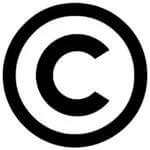
Copyright – A copyright symbol informs others that a copyright exists on your work and that those who want to use, edit, sell your intellectual property must obtain permission from you.
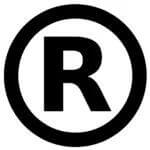
Registered Trademark – The “R” on a product is not a type of license, but rather means that the brand name or logo is protected by (officially registered with) the US Patent and Trademark Office and licenses are not usually granted. International copyright treaties extend this protection to many other countries.
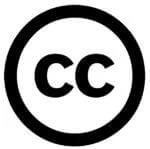
Creative Commons (CC) – works within copyright law. It allows creators to give permission for anyone to use their work in certain ways.
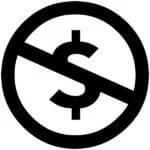
Creative Commons – NonCommercial. This license allows others to use your work, but not to sell it or sell derivatives of it. Any Creative Commons license without this non-commercial designation may be sold.
Creative Commons – Attribution (CC BY). This license allows others to distribute, remix, adapt, and build upon your work and sell it, as long as they credit you for the original creation.
Creative Commons- Attribution – Adaptations (CC BY-SA). This license allows anyone to distribute, remix, adapt, sell, and build upon the material in any medium or format, as long as attribution is given to the creator. If you upgrade the material, you must license the modified material under identical terms.
Creative Commons – Attribution-NonCommercial (CC BY-NC). This license allows others to remix, adapt and build on your work, but not to sell it, and although their new works must also credit you and be non-commercial, they don't have to license their derivative works under the same terms.

Creative Commons Public Domain (CC0). CC0 (also known as CC Zero) is a public dedication tool that allows creators to waive their copyright and place their works in the global public domain. CC0 allows anyone to distribute, remix, adapt, sell and build upon the material in any medium or format, without any conditions.

Remixing. This license allows (or if severed, denies) others to remix, edit, adapt or enhance the digital file.
Not all 3D digital model sites follow the same license types Creative Commons, using the same symbols, but that doesn't make their license claims any less valid.
The key here is to read and understand the types of licenses imposed on the file by the owner and the site where you find the file. But wait, it's not always that clear.
Just because you downloaded a file that includes a print and sell license doesn't mean it doesn't infringe on someone else's intellectual property. The printed item may be covered by third party intellectual property or patents. While the CAD model itself may not infringe the patent, a printed item may.
Disney characters is a perfect example. Disney owns the registered trademarks and copyrights for its fictional characters. If a person uploads an STL of a Mickey Mouse figurine in the Cults and choose a license type that allows buyers to sell the resulting 3D print, the resulting figurines still infringe on Disney's trademark.
Iron Man and Baby Yoda
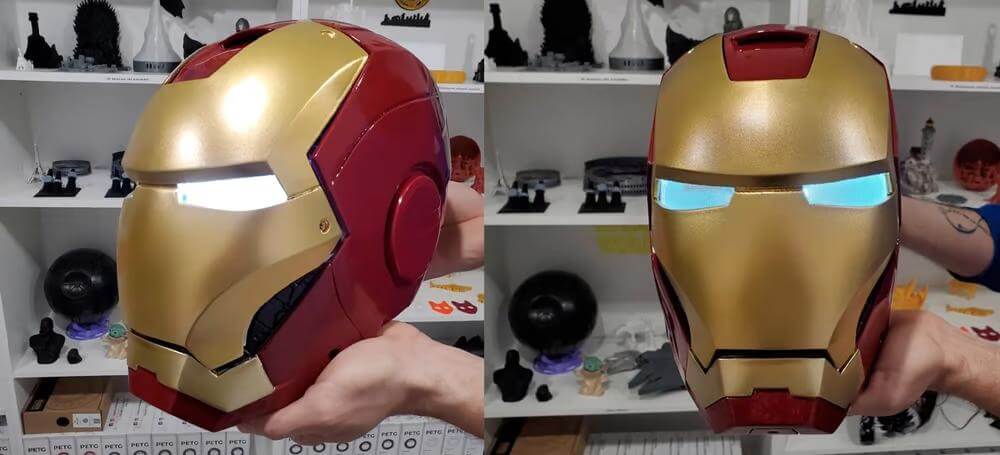
So if Iron Man and Baby Yoda are the intellectual property of Disney, why are there so many 3D printed Iron Man helmets and Baby Yoda figurines for sale on Etsy?
For help answering this question, the author of the article turns to renowned patent and intellectual property attorney Chris Higgins of the San Francisco-based law firm of Orrick, Herrington & Sutcliffe. Higgins has a global reputation as an authority on legal matters in 3D printing, and he leads Orrick's 3D printing group.
"This could be due to a variety of factors," Higgins says of the Iron Man helmets on Etsy. "But this is most likely because Disney has not reached out to the thousands of sellers on Etsy who sell items that include what Disney considers to be its protected copyrights or trademarks."
In other words, just because a 3D printed product is sold on an online platform doesn't mean it doesn't infringe on another party's intellectual property. It could just be that Disney's trademark office has "bigger fish to fry," not that it's okay to sell 3D printed Boba Fetts.
Disney licenses its products to toy makers and others, but Etsy's 3D printers are unlikely to have a license, Higgins said, "given how much a license can cost relative to the amount of sales an artist has on Etsy."
Just a few years ago, Disney approached Thingiverse to request that a long list of Star Wars models be removed from the site for violating the company's IP address. Thingiverse complied and no lawsuits were filed.
Still, there's no shortage of Minion and Mandalorian model files for sale online, even when the terms of model repositories clearly state that sellers must own the IP of their uploads.
How is it possible? It's probably a matter of numbers. There are thousands of digital files uploaded every day to online digital repositories, and it is not possible for the employees of these companies to act as IP police for every upload. It's the honor system, backed by a clear way that true IP owners can request the removal of digital files.
Original design, derivatives and tools
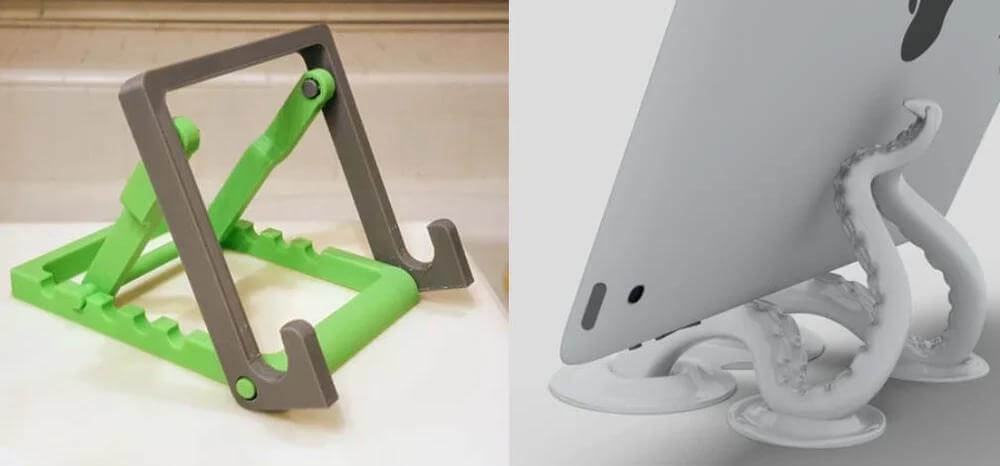
So if it's highly likely that any 3D print related to Disney, Star Wars, and Marvel characters or other copyrighted intellectual property cannot be legally sold, what can you 3D print and sell?
As mentioned above, you can sell 3D prints of any unique digital 3D model that does not infringe on another party's IP if the original designer gives you express permission. The list of them, unfortunately, is not long.
If you're a talented designer and know your way around computer-aided design software, any original object you create from scratch can be sold. You can sell both the 3D digital files and the final 3D printed object. This is not the same as modifying a file you find online.
Downloading an STL, 3MF or other file format and changing it is called remixing and the resulting work is called a derivative. As mentioned above, some designers prohibit any remixing or selling of derivatives of their work. Even if you change the file beyond any reasonable recognition of the original, you still started with someone else's work, so it's derivative. Can they prove it? Well, why take that risk. It's best to start from scratch if you plan to sell the print or digital file.
Useful stuff
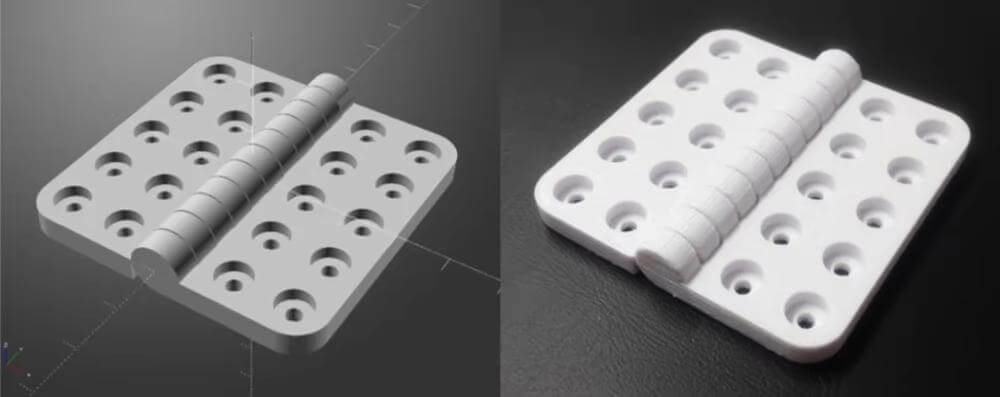
Another category of things you can 3D print and sell are functional objects. Copyright law provides protection for works of art or decorative elements, but not for objects that are considered purely functional. What is functional? It's open to interpretation. A functional item such as a vase may also have a copyrighted design applied to it.
"A good example of a functional object that can still have IP protection is Ironman helmets on Etsy," says Higgins. "The helmet is functional, but the inclusion of Ironman images and likenesses may require a license from Disney."
If the decorative part of the object can be seen as separate from the functional part of the object, it is likely that the object as a whole qualifies for intellectual property protection. However, there are thousands of iPad holders, desk organizers, pots, clips and hangers that are purely functional. They usually can be 3D printed and sold without issue as long as you either create the original digital file yourself or purchase a file that is licensed to allow commercial use for prints or derivatives.
But again, just because can to think, that an item is purely functional does not necessarily make it so, especially if the original designer has specified that the file is not to be remixed or sold. Take vacuum cleaner spare parts for example. The famous manufacturer Miele has published several replacement parts for its vacuum cleaners and other appliances on Thingiverse under a non-commercial license, meaning you cannot print and sell these items, only print and use for personal use.
Will I go to jail?
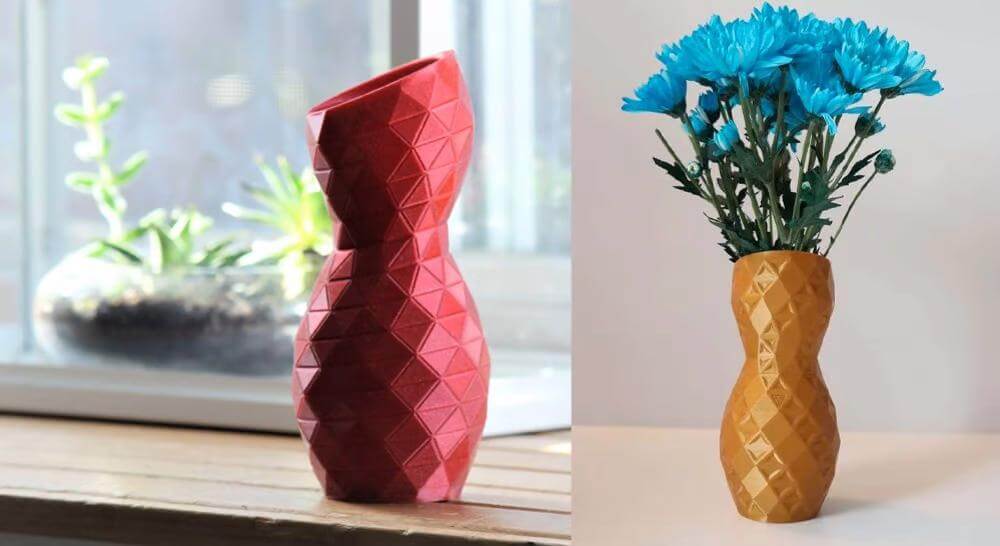
Copyright infringement is a criminal offence. Not knowing or understanding that you are selling 3D prints of a design that is someone else's intellectual property is not a legal defense.
You might be thinking, "Well, other people get away with it" - maybe. But it's just like speeding or eating something before you buy it - it's not legal just because others seem to get away with it.
The creator and owner of a design can take legal action against you or your business for infringing their copyright. The legal action is to both stop you from selling the protected design and to recover the money you made from selling the item. Lawsuits are usually expensive to litigate, so the plaintiff usually seeks large sums of money in damages. If you are not making large amounts of money, you are less likely to attract the attention of copyright holders if you use their IP address.
Sell a service or an STL, not a print
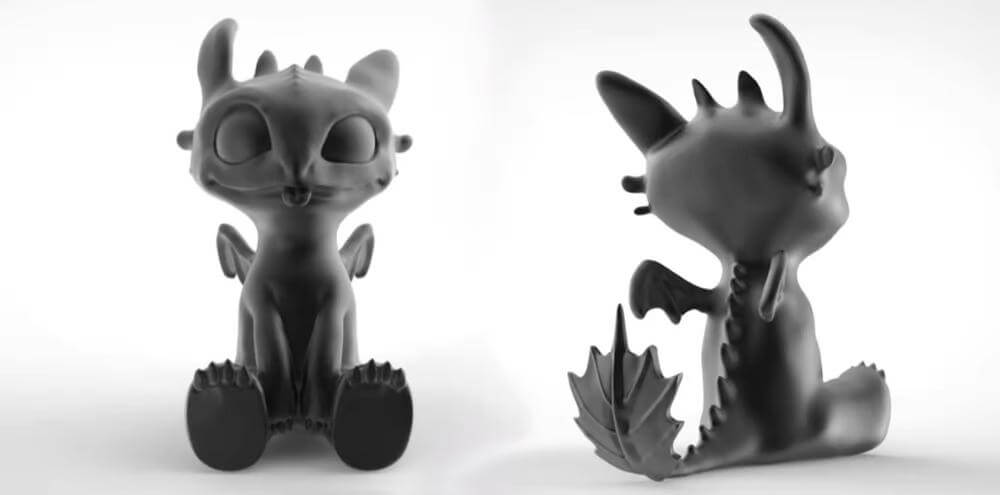
Along with the 3D printed articulated dragons and plates on Etsy, there are people offering 3D printing services. This is a great alternative or addition to selling 3D printed items online. There are virtually no restrictions on what you can print for others as a service, as long as it doesn't violate any local laws, like 3D printed weapons.
While 3D printing and selling a Baby Yoda figurine may be an infringement of Disney's IP, fulfilling a customer's order of a Baby Yoda figurine is not necessarily a lesser IP infringement. In fact, even printing Disney character figurines for personal use can technically still be an IP violation. But "the chances of being sued for wrongdoing are almost nil," says Higgins. "First, it would be almost impossible for a copyright or patent holder to know that a person made the print, and even if they did, there would be little incentive to sue the person for infringement because of the lack of damages and possibly public backlash if they were to be sued."
After all, it's not in Disney's best interest to keep Baby Yoda figures away from people. They want to promote their characters and encourage fans to collect them, even if a very small part is 3D printed.
Selling your digital files
Many designers make money selling their original STL files on a wide variety of sites. As long as it's your original creation and doesn't infringe on someone else's IP, then you should have no restrictions on selling STL or any other digital format for that matter. Also, if you see that someone has remixed your STL and posted it or the resulting prints for sale on Etsy, Cults, Gumroad, or Amazon, you can contact those sites and have the file and product removed.
And finally, if you love 3D printing and your talent can lead to extra money in your budget, great, but be sure to read and follow the types of licenses and intellectual property regulations so that your profitable business is not pulled or banned by online platforms or even worse consequences to be had.
0 Comments